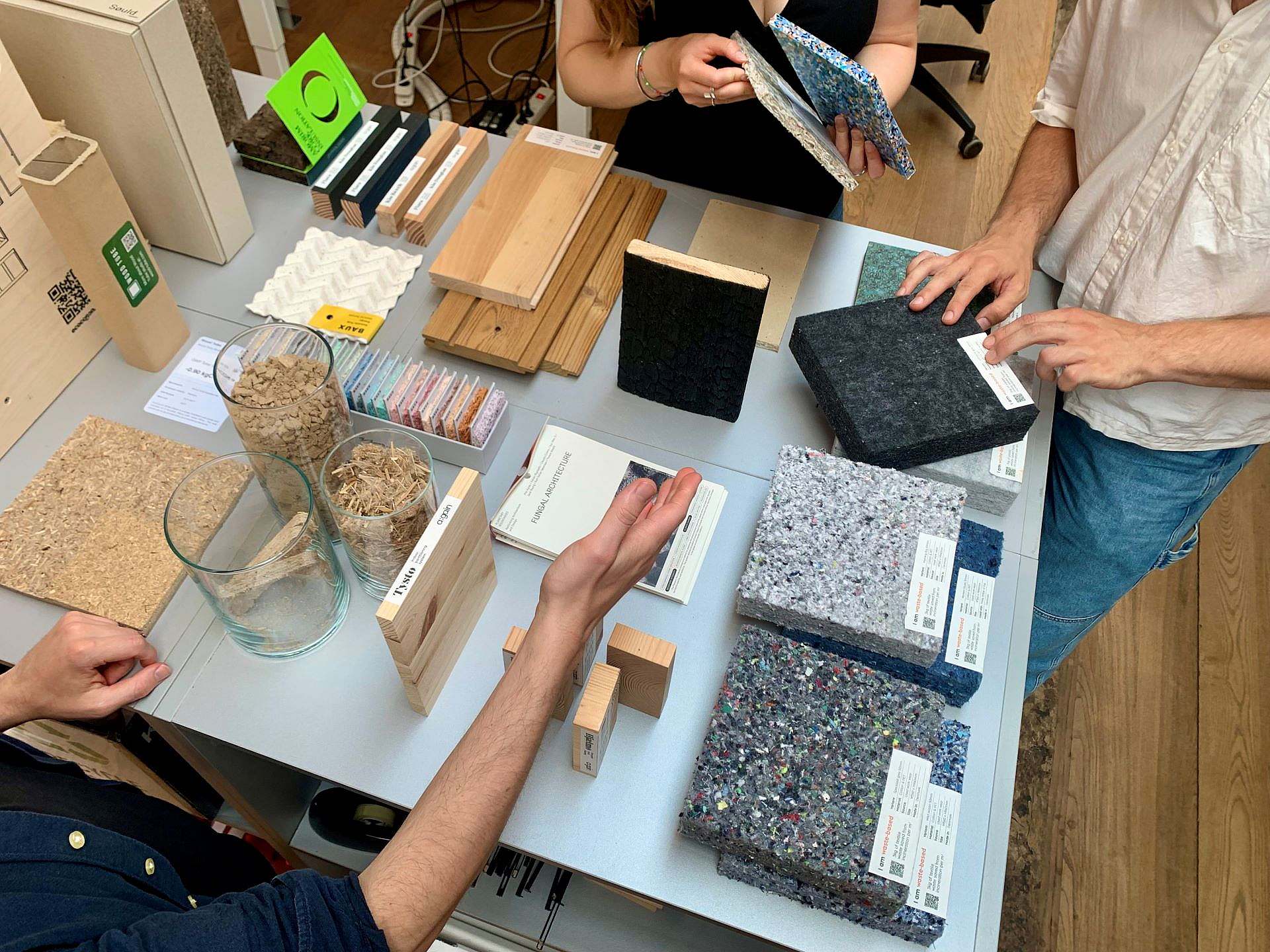As Denmark ramps up its green ambitions, climate requirements for construction have been tightened. From 1 July 2025, all new buildings will have to meet new CO2e limits, which are now lowered to an average of 7.1 kg CO2e/m²/year. These requirements will affect all aspects of the construction process and apply to more building types than before.

What do the new requirements mean
- Lowering the CO2e limit value: Requirements are becoming significantly tighter, making it more important than ever to choose sustainable materials and methods.
- Multiple building types covered: The requirements now also apply to unheated buildings over 50 m² and extensions to apartment blocks and office buildings, among others.
- Inclusion of the building process: Transport, energy consumption and material waste at the construction site will now also be included in the climate accounts.
The new requirements are an addendum to the "Agreement on a national strategy for sustainable construction" from March 2021. You can read the full addendum agreement here.
Meet the new requirements and reap the added value
At KHR Architecture, we are dedicated to ensuring that your projects not only meet the new requirements, but also capitalise on the opportunities they bring.
"The new requirements make it even more important to focus on design and material selection in the very early stages of a project. In order to optimise the early design process from a sustainable perspective, it's important that the material data - EPDs - we use is always up-to-date and preferably product-specific. That's why we have partnered with Revalu, among others." says Cameline Bolbroe, responsible for sustainability and innovation at KHR Architecture.
Revalu is Europe's largest online AI-powered materials database, focusing on comparing materials' CO2 emissions and 20+ other environmental indicators, such as water consumption, renewable energy, recycling potential and circularity.
"The collaboration means that our own digital material library is now part of Revalu's extensive online database, which contains over 12,000 materials and products. This makes our work with material selection more efficient and tangible, while also allowing us to better compare different solutions and assess their performance in a sustainable perspective," explains Cameline.
In collaboration with Revalu In parallel, we are working on integrating material data from Revalu directly into a tool for life cycle assessment (LCA) screening in the early design phases. This will allow us to better and faster identify relevant materials in terms of both environmental impact and properties, quality and cost.
How do we help you build sustainably?
- Expertise and advice: We help you navigate and comply with the new thresholds. This applies to LCA, of course, but also to other relevant aspects such as biodiversity and social sustainability.
- Efficient material choices: We work data-based and efficiently with material screening and selection taking into account climate impact and other environmental factors.
- Focus on the entire building process: We work holistically with sustainability and focus on environmental, social and economic aspects.
We would love to help ensure that your construction projects not only fulfil the new climate requirements, but also benefit from them. Contact us to learn more about how we can help you realise your construction projects in a sustainable and future-proof way.